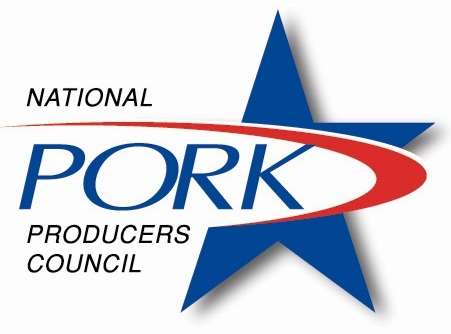
Citing grave concerns that they would “cause serious harm to the pork industry,” the National Pork Producers Council in comments submitted today said the U.S. Department of Agriculture should not finalize - or at least exempt pork producers from - regulations related to the buying and selling of livestock.
According to NPPC, the so-called Farmer Fair Practices Rules - an interim final rule and a proposed regulation - would “enable a torrent of lawsuits against members of the pork industry,” replace carefully negotiated contracts with standard terms that are unworkable, ignore crucial differences among the various sectors of the meat industry and raise serious constitutional concerns under the First Amendment.” The regulations were issued in the last weeks of the Obama administration by USDA’s Grain Inspection, Packers and Stockyards Administration (GIPSA).
“GIPSA’s one-size-fits-all approach would restrict livestock transactions, lead to consolidation of the livestock industry - putting farmers out of business - and increase consumer prices for meat,” said NPPC President Ken Maschhoff, a pork producer from Carlyle, Ill. “These regulations could impose staggering costs on the pork industry. The only people who would benefit from this heavy-handed government intrusion in the hog market are trial lawyers.”
NPPC is most concerned with the interim final rule, set to take effect next month, which would broaden the scope of the Packers and Stockyards Act (PSA) on the use of “unfair, unjustly discriminatory or deceptive practices” and “undue or unreasonable preferences or advantages.” Specifically, the regulation would deem such actions per se violations of federal law even if they didn’t harm competition or cause competitive injury, prerequisites for winning PSA cases.
USDA in 2010 proposed several PSA provisions - collectively known as the GIPSA Rule - that Congress mandated in the 2008 Farm Bill; eliminating the need to prove a competitive injury to win a PSA lawsuit was not one of them. In fact, Congress rejected such a “no competitive injury” provision during debate on the Farm Bill. Additionally, eight federal appeals courts have held that harm to competition must be an element of a PSA case.
The Farmer Fair Practices Rules, NPPC pointed out in its comments, “invites the courts to regulate the meat industry in ways that courts have repeatedly refused to do. This judicial regulation threatens to replace the innovative practices that have arisen over time out of specific market conditions and based on the needs of the industry as a whole.”
Click here to see more...